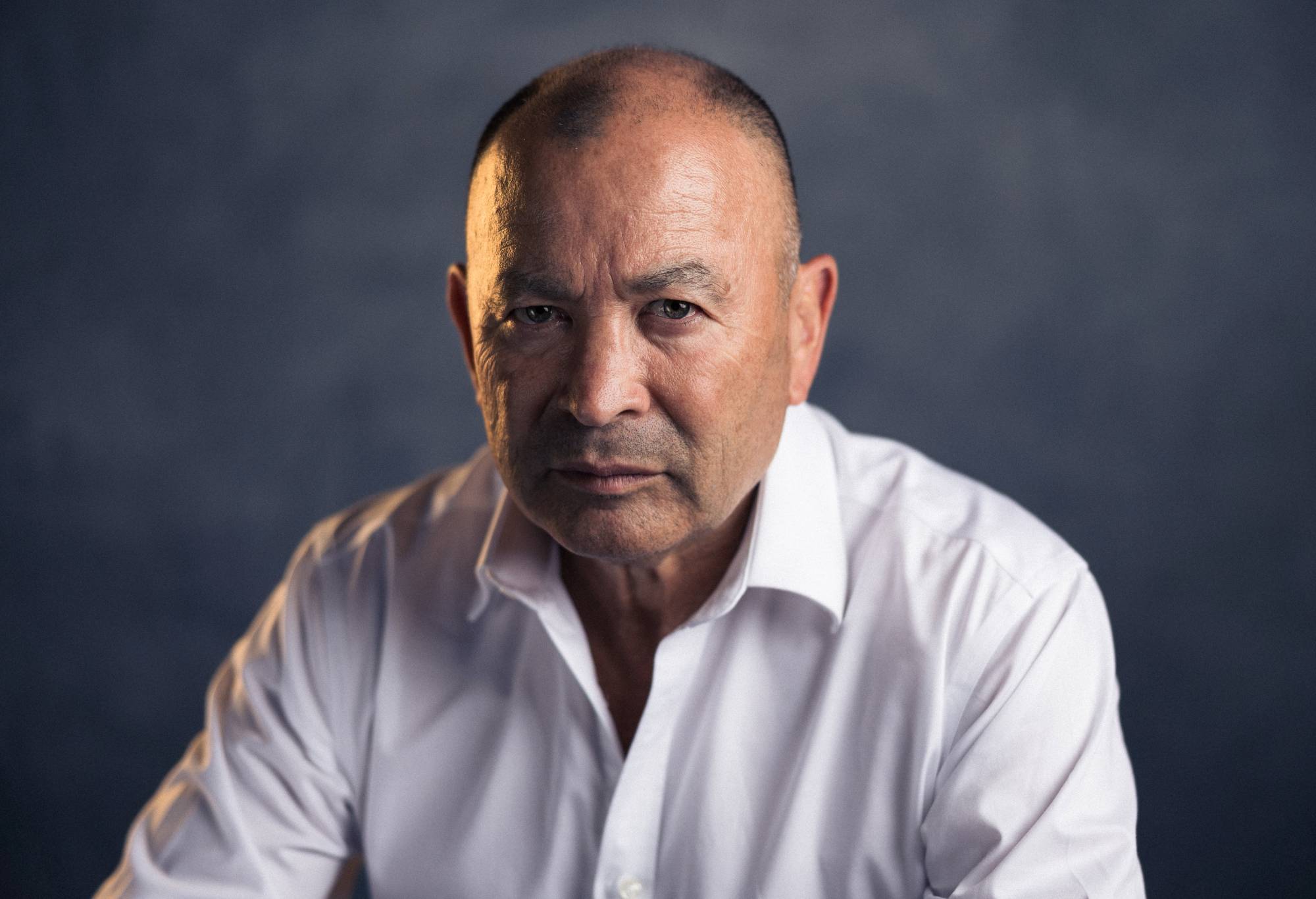‘Super Rugby’s dying on its arse’: Eddie Jones’ brutal verdict on game’s domestic crisis

Former Wallabies coach Eddie Jones says rugby union is “not financially sustainable” in its current form and needs to innovate to survive at domestic level across the world.
Jones, who returns to international coaching with Japan when they host England on Saturday week, has delivered a sobering assessment of the health of the game in an interview with Planet Rugby.
“The simple truth is outside of the TOP 14 and Rugby World Cup, rugby simply isn’t a sustainable product without outside investment,” Jones said.
“However, rugby has become the most inclusive team sport in the world.
“We know that there’s interest and enthusiasm from all corners of society, but the simple truth is it’s not financially sustainable in its current form.
“Super Rugby is dying on its arse, the Premiership is a great product and has increased its eyeballs, but it still relies upon external funding, and we’re all too well aware of the issues of clubs going bust in 2022/23.
“The Japan Rugby League One is subsidised by big corporates. “So, does extra money at this stage solve the problems?
“I don’t think it does; it just provides a band-aid until the wound appears again.”
Eddie Jones. (Photo by Adam Pretty – World Rugby/World Rugby via Getty Images)
Jones said rugby needs to adapt and find formats that suit modern sports fans – drawing on the example of T20 cricket.
“Test rugby is fine, it always will be. The more pressing problem is the domestic game and in that regard, yep, this is quite analogous to cricket, where the 20/20 interest in a domestic league has revolutionised the financial model by providing a cash cow,” Jones argued.
“I’m a purist – I love Test cricket- I don’t have that much interest in IPL or 20/20, but it keeps the entertainment and interest going – it’s a gateway into the pure form of the sport and I’m very interested to know how we could leverage that learning into a rugby context.
“People’s attention span is small these days and they want instant everything – that’s why T20 has thrived.
“If you look at every other sport in the world, everyone wants things quicker.
“But we’ve got such a crowded program that I think if we were able to come up with the equivalent of a T20 in rugby, that was designed to bring a lot of money and more new spectators to the game, then freeing up three or four weeks in the in the year-round schedule will be well worth it.”
Jones said a move towards shorter games with reduced players feels inevitable.
“I was involved in the setting up of the 12s format – instant rugby that was easily digestible and quick – but still maintained the shape and ethos of the purist 15-man version,” said Jones.
“Perhaps that’s part of the solution? If you and I came back in 50 years time and sat and watched rugby over a pint or a glass of wine, I’m sure we’ll see an instant short-form version of the sport that can be better monetised. It might be Sevens, it may be 12s, but I’m confident it will happen, and I am very interested in exploring every avenue that can make the wider sport more sustainable and resilient.”
Jones left Australian rugby after the World Cup disaster – having denied that the job was lined up before he led the Wallabies at the World Cup.
He said he made the right call to walk out on Australia for a return to Japan.
“I’m really happy here, mate. I made the right decision,” Jones said.
“I’ve always been indebted to Japanese rugby for the chance it gave me initially to coach professionally and, as I’m getting towards the latter stages of my coaching, it’s a good place to come back, letting me give back the learnings I’ve experienced.”
